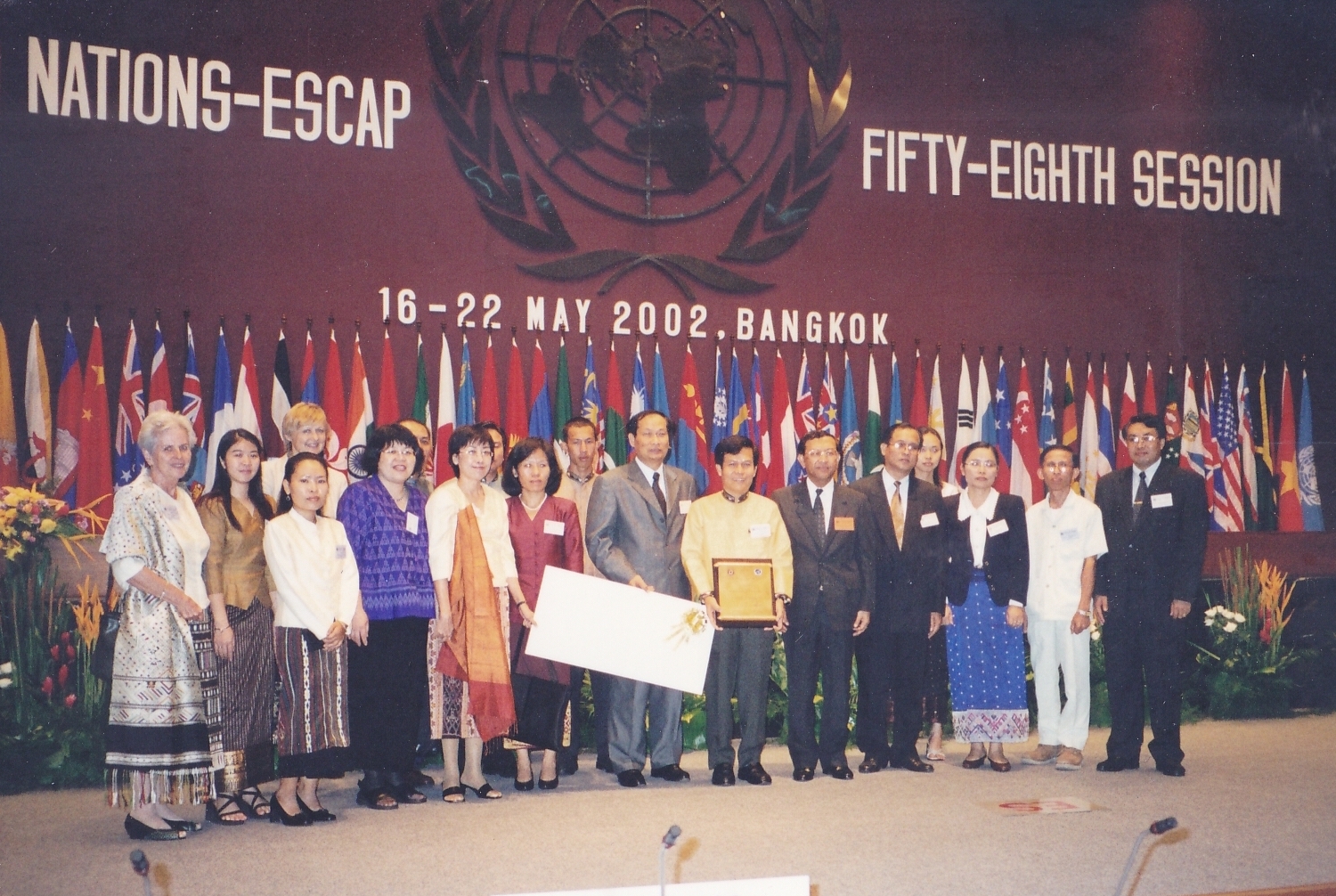[et_pb_section bb_built=”1″ _builder_version=”3.0.67″][et_pb_row use_custom_gutter=”on” gutter_width=”2″ background_position_1=”top_left” background_position_2=”top_left” background_repeat_1=”no-repeat” background_repeat_2=”no-repeat” _builder_version=”3.0.67″][et_pb_column type=”1_3″][et_pb_text _builder_version=”3.0.64″ text_font_size=”20″ header_font_size=”75px” background_layout=”light” text_orientation=”left” border_style=”solid”]
134
out of
139
Laos’ ranking in Forbes 2017 “Best Countries for Business List.”
[/et_pb_text][et_pb_text _builder_version=”3.0.64″ custom_padding=”20px|||”]
Note: This is the first in a series of posts on “Laos by the numbers.”
Feedback and suggestions are welcome.
[/et_pb_text][/et_pb_column][et_pb_column type=”2_3″][et_pb_text _builder_version=”3.0.64″ background_layout=”light” text_orientation=”left” border_style=”solid”]
 Forbes has rated Laos near the very bottom in its Best Countries for Business ranking for 2017. Only Venezuela, Yemen, Haiti, Gambia, Chad, rank lower. Neighbouring Cambodia ranks 123rd, China 102nd, Vietnam 98th, and Thailand 67th. Sweden, New Zealand and Hong Kong top the list.
Forbes has rated Laos near the very bottom in its Best Countries for Business ranking for 2017. Only Venezuela, Yemen, Haiti, Gambia, Chad, rank lower. Neighbouring Cambodia ranks 123rd, China 102nd, Vietnam 98th, and Thailand 67th. Sweden, New Zealand and Hong Kong top the list.
Laos also ranked very low on the sub-indicators of Trade Freedom (124th), Technology (120th), Red Tape (123rd), Investor Protection (127th), Corruption (127th), and Personal Freedom (128th). It’s highest ranking is in Market Performance, at 87th.
The accompanying country profile reads:
The government of Laos, one of the few remaining one-party communist states, began decentralizing control and encouraging private enterprise in 1986. Economic growth averaged 6% per year from 1988-2008 except during the short-lived drop caused by the Asian financial crisis that began in 1997. Laos’ growth has more recently been amongst the fastest in Asia and averaged nearly 8% per year for the last decade. Nevertheless, Laos remains a country with an underdeveloped infrastructure, particularly in rural areas. It has a basic, but improving, road system, and limited external and internal land-line telecommunications. Electricity is available to 83% of the population. Agriculture, dominated by rice cultivation in lowland areas, accounts for about 25% of GDP and 73% of total employment. Laos’ economy is heavily dependent on capital-intensive natural resource exports. The economy has benefited from high-profile foreign direct investment in hydropower dams along the Mekong River, copper and gold mining, logging, and construction, although some projects in these industries have drawn criticism for their environmental impacts. Laos gained Normal Trade Relations status with the US in 2004 and applied for Generalized System of Preferences trade benefits in 2013 after being admitted to the World Trade Organization earlier in the year. Laos began a one-year chairmanship of ASEAN in January 2016. Laos is in the process of implementing a value-added tax system. The government appears committed to raising the country’s profile among foreign investors and has developed special economic zones replete with generous tax incentives, but a small labor pool remains an impediment to investment. Laos also has ongoing problems with the business environment, including onerous registration requirements, a gap between legislation and implementation, and unclear or conflicting regulations.
[/et_pb_text][et_pb_comments _builder_version=”3.0.67″ show_avatar=”off” show_reply=”on” show_count=”on” background_layout=”light” border_style=”solid” custom_button=”off” button_letter_spacing=”0″ button_icon_placement=”right” button_letter_spacing_hover=”0″ /][/et_pb_column][/et_pb_row][/et_pb_section]









 (Note: The Lao PDR has twice promised to ratify this convention in its Universal Periodic Review, but it has not yet done so.)
(Note: The Lao PDR has twice promised to ratify this convention in its Universal Periodic Review, but it has not yet done so.)
 The Lao PDR ranks 151st out of 167 on the Economist Intelligence Unit’s
The Lao PDR ranks 151st out of 167 on the Economist Intelligence Unit’s 
 International Day of the Victims of Enforced Disappearance: Human Rights Defenders & the Disappeared Justice
International Day of the Victims of Enforced Disappearance: Human Rights Defenders & the Disappeared Justice
 Will other civil society leaders emerge who are able to see beyond the implementation of projects to a wider vision and analysis?
Will other civil society leaders emerge who are able to see beyond the implementation of projects to a wider vision and analysis?
 The
The